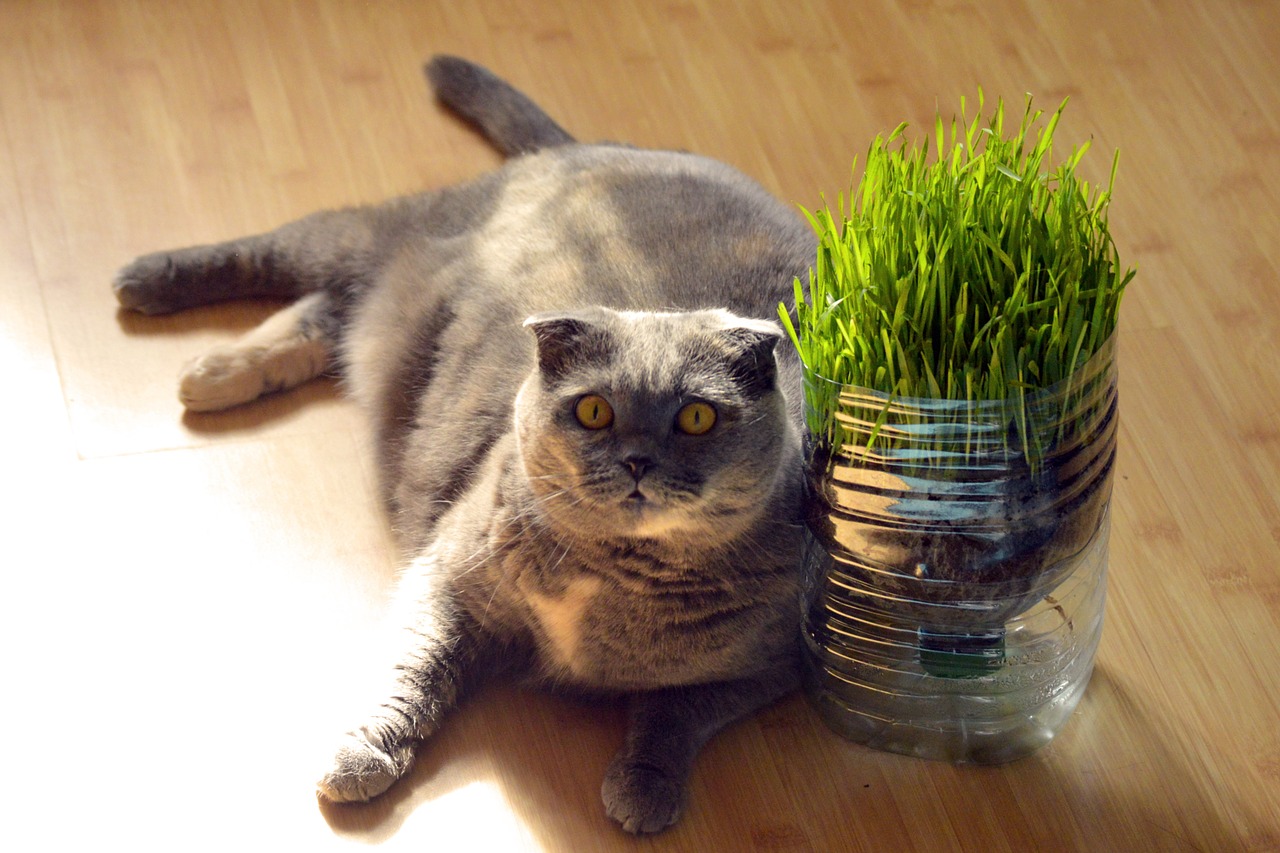Talking About Weight in Russian Posted by Maria on Jul 31, 2018 in language, Vocabulary
Do you know how to describe a person’s weight in Russian? Here are some ways, from neutral to complimentary to derogatory.
Вес
The most basic word is вес, weight. You may also hear масса тела (body mass) in medical or scientific contexts. To weight is весить. Weight in Russian is measured in kilograms (килограммы).
— Ско́лько ты ве́сишь?
— Я ве́шу 60 килогра́мм.(“How much do you weigh?” “I weigh 60 kilograms [around 132 pounds]).”)
Let us look at how Russian talks about weight that is considered—by whoever may be speaking—above or beyond what they consider average.
То́лстый
Probably the most common word for “fat” is то́лстый. This word itself is not rude, apart from the fact that calling someone fat is not considered nice, but that has more to do with the stigma around weight more that the word itself.
Я был болтли́в, толст и трусова́т.
I was chatty, fat, and a tad cowardly.
[Валерий Панюшкин. За Виню (1997) // «Столица», 1997.02.17]
To gain weight may be толсте́ть/растолсте́ть, набира́ть/набра́ть вес or поправля́ться/попра́виться.
По́лный
По́лный, literally “full,” is a more polite way of referring to someone being large. A related word is полне́ть/располне́ть, to gain weight.
Како́го она́ была́ хотя́ бы ро́ста, по́лная и́ли худа́я?
At least, how tall was she, and was she big or skinny?
[Анна Ткачева. Приворот (1996)]
Жи́рный
Жир is a noun meaning fat or grease. Жи́рный is probably the most hurtful word for a fat person and is considered rude. Ожире́ние is the medical term for obesity.
Капитали́сты жи́рные, стра́шные ― это нам внуши́ли с де́тства…
We learned from an early age that capitalists were fat and scary…
[Светлана Алексиевич. Время second-hand // «Дружба народов», 2013]
Худо́й
On the opposite end of the spectrum is худо́й, thin. This word is interesting because худо́й also means “bad,” as is obvious from the degrees of comparison of “bad” in Russian: плохо́й—ху́же—ху́дший (bad—worse—worst). You may also remember it from the saying “Худо́й мир лу́чше до́брой ссо́ры” (literally, “A bad peace is better than a good quarrel”). Of course, now that thinness is considered desirable among speakers of Russian, худо́й has lost some of its bad connotations.
Была́ она́ до черноты́ загоре́лой и ещё бо́лее худо́й, чем обыкнове́нно.
She was extremely tanned and even skinnier than usual.
[Людмила Улицкая. Казус Кукоцкого [Путешествие в седьмую сторону света] // «Новый Мир», 2000]
To lose weight is худе́ть/похуде́ть. Weight loss that is desirable is called похуде́ние (or похуда́ние if you want to sound more bookish or sell someone weight-loss supplements :)). This word has a positive connotation and probably wouldn’t be used to talk about someone who is malnourished.
Стро́йный
Стро́йный is close to “slim” or “slender” and is a positive word. This word is related to стро́ить, to build.
Че́рез неде́лю меня́ полюби́ла стро́йная де́вушка в и́мпортных туфля́х.
A week later, a slender woman in imported shoes fell in love with me.
[Сергей Довлатов. Чемодан (1986)]
This was an overview of some common ways of talking about someone’s weight and build. Do you know any other ones? Are they positive, negative, or neutral?

Build vocabulary, practice pronunciation, and more with Transparent Language Online. Available anytime, anywhere, on any device.







Comments:
Barry Rose:
Translation correction:
Како́го она́ была́ хотя́ бы ро́ста, по́лная и́ли худа́я?
At least, how tall was she, and was she big or skinny?
should be
However tall she was .. Was she big, or skinny?
Maria:
@Barry Rose Hello Barry, thank you for your suggestion. Хотя бы here is “at least, as a minimum.” “However tall” would be something “какого бы она ни была роста…”
Neville:
Dear Maria, thank you for your work on this. I learned Russian way back in the 1980s for the first time. Bit by bit I have made moves to remember and develop my knowledge. Your help is very impressive!
Maria:
@Neville Thank you, Neville. I’m glad it’s coming back to you. Удачи!
samonen:
(A couple of mistakes in the text: “here” should be “hear” and the comparative for “bad” is “worse”.)
I think Maria’s translation of Како́го она́ была́ хотя́ бы ро́ста, по́лная и́ли худа́я? (At least, how tall was she, and was she big or skinny?) is very good and accurate, conveying everything in the Russian sentence whose word order is a bit tricky for native English-speakers.
Како́го ро́ста она́ была́, по́лная и́ли худа́я? + sort of a particle хотя́ бы which means to ask if the person can come up with anything about the female they are talking about.
Although being худая (худой) is fashionable and the word жирный pretty offensive and hurtful, I think it can sometimes be positive meaning “abundant”, that there is such a lot of something. The noun жирность can be used in the same way.
Maria:
@samonen Thank you, Samonen! Жирный definitely has that meaning of abundance or the best cuts, although I still wouldn’t use it to talk about people. Жирность to me is primarily the fat content of dairy products, but I’d be curious to see it used figuratively.
samonen:
@Maria — Нина, позравляю — это тебе.
— О, какая жирность! Сласибо!
Maria:
@samonen Interesting, I’ve never come across this use before. I learned something today. 🙂
samonen:
The example was a modified example taken from an entry in the youth slang dictionary by T.G. Nikitina, the это being flowers. Жирность is obviously derived from the slang definition giver for жирный (“characterized by excellent qualities and a large amount”). I became almost obsessed by everything жир(ный), because I had a hard—very hard—time deciphering a phrase by Valentin Rasputin. So, now I know that жир can denote “презерватив со смазкою” which is also called a жирик, which can mean Vladimir Zhirinovsky as well.